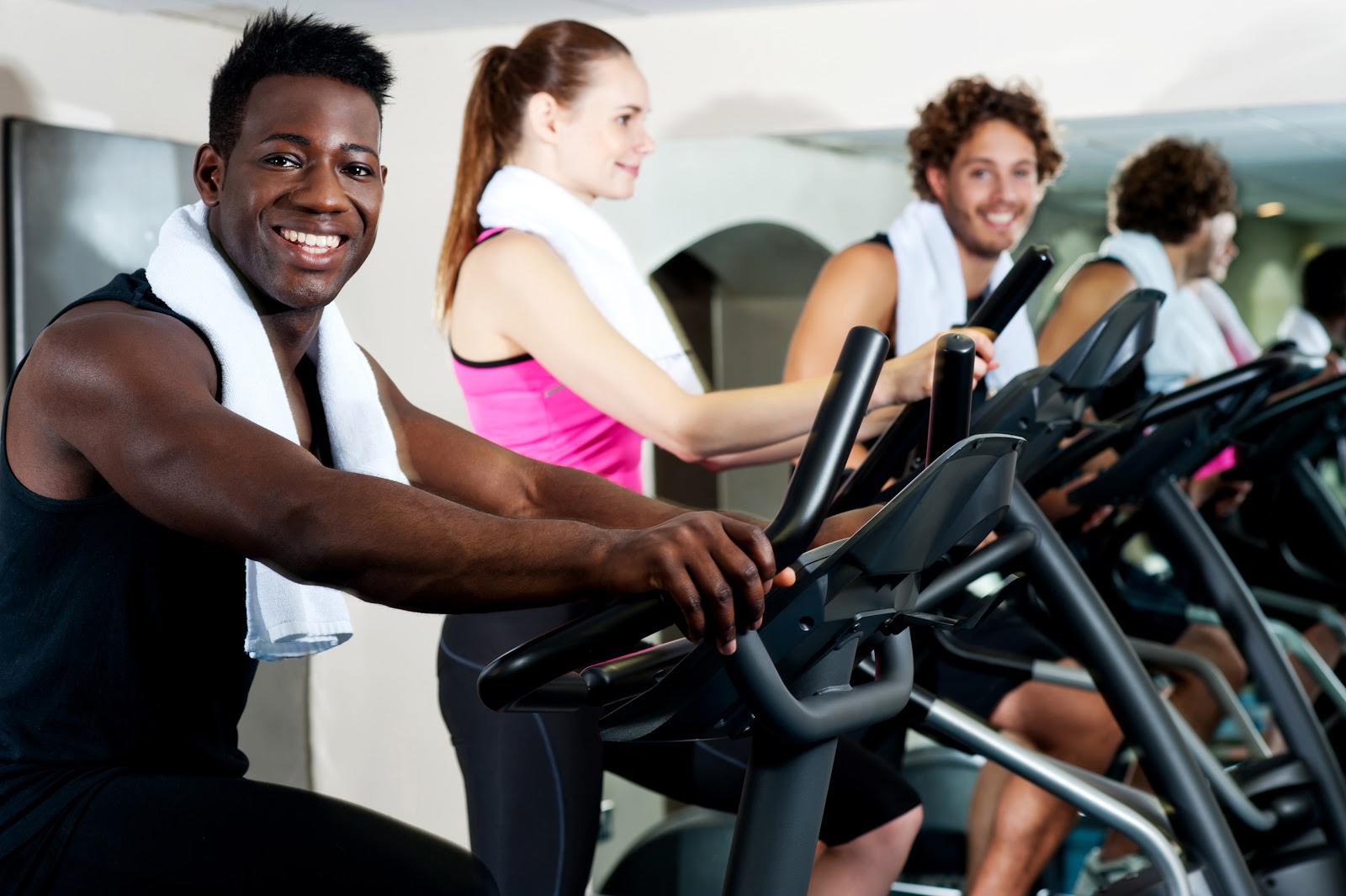These days, almost everyone is striving to achieve health and fitness goals. And, there is a plethora of advice that we get from our friends and the internet. However, listening to advice and recommendations from well-meaning peers, when it comes to your health and fitness, can sometimes just be a sure-fire recipe for disaster. We spoke to experts about some of the most popular fitness myths and how to understand our bodies a little better…
Targeted areas can be worked upon for efficient fat loss
Haven’t we all gone through the phase, ‘I just want to lose fat around my hips and thighs, or just the belly?’ And of course, there have been quite a few enthusiastic peers who have offered a quick solution, which would do the trick. Yoga guru Sarvesh Shashi says, “It doesn’t work like that at all. Fat loss happens on the entire body, not on parts of it. The ratio differs from person to person.”
Holistic health guru and life coach Mickey Mehta explains, “Your physiology works as an orchestra and attending to just one part can lead to unwanted issues and a discordant symphony. Doing chest presses continually to tone your chest or innumerable crunches to lean out the belly, will lead to futile results in comparison to performing exercises that target the body in totality. Further, the joints used in compound movements could also be adversely affected and worn out. Frequent, consistent cardiovascular exercises, along with an improved diet is the best way to get rid of the extra baggage you have been carrying around.”
If you exercise, your diet doesn’t matter much
Nothing can be farther from the truth, say experts. “How you look on the outside and how healthy you are on the inside can sometimes be two completely different matters. An unhealthy diet coupled with exercise may give you results for a short period. In the long run, a healthy diet is extremely important,” says Sarvesh.
Slimming teas, caffeinated drinks can help
“Pumped up and high-on-caffeine, these teas do more harm than good. Forcing your metabolism to mimic that of a fit athlete is not the solution to your fitness problems,” states Sarvesh.
Great physical aesthetics mean great fitness
Physically good-looking bodies may not have the best fitness levels. Experts say that one’s aim should be to improve one’s health and fitness, and be better than what he/she was yesterday. Aesthetics will follow as a by-product.
Increased heart rate means more calories burnt
“The idea of evaluating heart rate is not just to burn calories and see how much deficit you can make, but to find your optimum heart rate where your performance can be sustained,” explains Akshay.
You need extra protein if you are working out
“This is exactly the kind of marketing that has propelled the sales of protein powders across the country. Excess protein can lead to heart diseases, and animal protein in general is high in saturated fats, which also impacts the liver and the kidneys,” states Mickey.
Experts say that inappropriate amount of protein can lead to serious damage. He adds, “Unless you are looking to build serious muscle, your daily diet should not have more than the required amount of protein you need to stay healthy. If you are going to consume additional protein, it should be under expert supervision.”
Rest days are optional and one can do without them
Our body has its own mind and we need to listen to it, believe fitness professionals. Akshay says, “Rest is a common component of fitness that is often missed out. To ensure maximum output, we need to give our body time to re-set, rest and recover before we go for another round of body fatigue.”
Eating meals high on protein will make you fit
Eating food high on protein does increase your lean muscle mass, but your body needs much more to remain healthy. “A good balance of micro and macro nutrients is needed for complete nourishment of your body,” states Akshay.
Pregnant women shouldn’t indulge in exercise
Doctors, for the longest time, believed that exercise releases norepinephrine, which can cause uterine contractions but this has been recently disproved. They have found that women who exercise during pregnancy have low incidences of gestational diabetes and high blood pressure and have a higher likelihood of having a normal delivery. “Having said that, exercise with extreme caution and include super low intensity training coupled with super slow movements and conscious rhythmic breathing. Yoga swimming and gentle agility drills and non-intense pranayama should be the order of the day for pregnant women,” says Mickey.
Heavier lifts yields better results
Usually, fitness fanatics cannot stop bragging about the increase in weights that they can lift, and often consider it to be an improvement in their fitness level. That, apparently, is far from the truth. Heavy lifts can cause injuries, which can even be near fatal, say fitness trainers. “A fair comparison will be to evaluate fitness on various components like strength, cardio endurance, flexibility, agility and other such factors rather than how much weight one can lift,” explains fitness trainer and gym professional Akshay Kapur.

